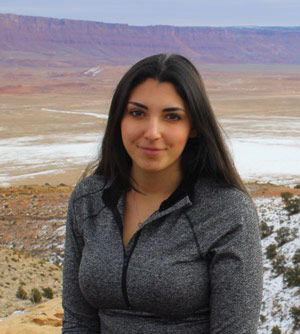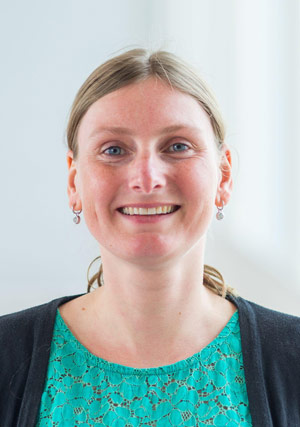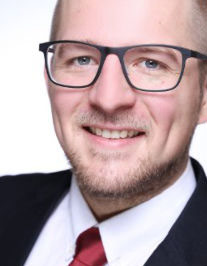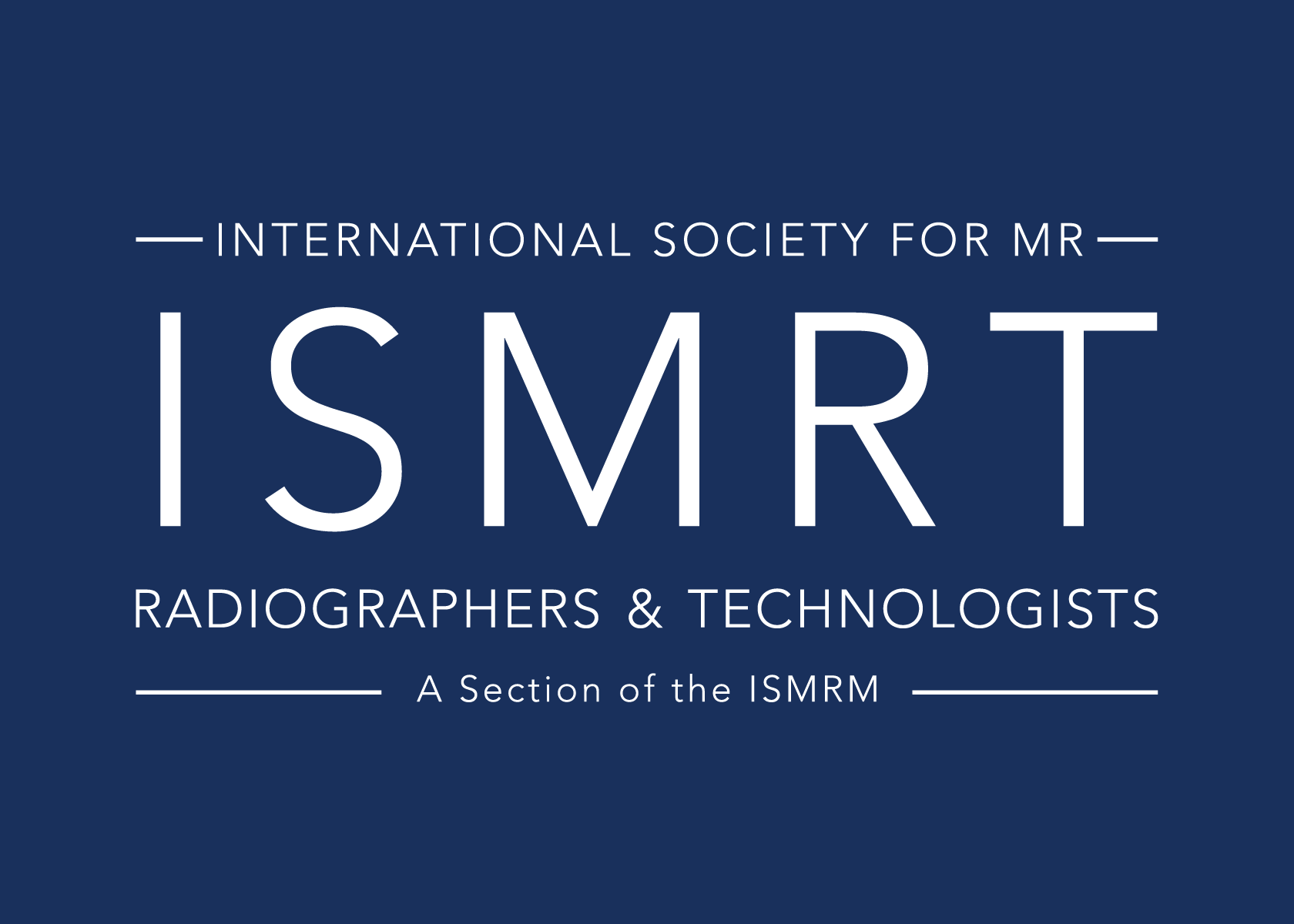A Bit of History...
The Secret Sessions initiative started at ISMRM 2017 in Honolulu (Hawaii). These sessions are run in a dedicated space at the annual meeting: the “Resonarium,” a comfortable and less formal meeting space in the exhibition hall. Due to the great success, the Secret Sessions also accompanied the annual ISMRM meetings of the following years. And also this year, the Secret Sessions will be back – partly online, partly on site – at ISMRM 2022!
The real secret is that… these sessions are not secret at all! They’re separate from the main scientific program, and much more informal, explorative and frequently tailored (but not limited) to early-career researchers.
The idea of the Secret Sessions is to create an appropriate framework to host an original session for everyone with an idea. For early-career researchers, this is a unique opportunity to not only gain experience in organizing a session, but also to meet new people and increase exposure in the ISMRM community.
You can reach us at secret@ismrm.org for all relevant questions and feedback.
Organizers’ Biographies
 Nivin Nyström is a postdoctoral fellow in the Department of Chemical Engineering at Caltech. In 2021, she was awarded a Life Sciences Research Foundation (LSRF) fellowship, sponsored by Amgen, to pursue her current research. Prior to this, she received her PhD in October 2020 from the Department of Biophysics at the University of Western Ontario, Canada, where she engineered contrast agents for targeted imaging of cancer metastasis.
Nivin Nyström is a postdoctoral fellow in the Department of Chemical Engineering at Caltech. In 2021, she was awarded a Life Sciences Research Foundation (LSRF) fellowship, sponsored by Amgen, to pursue her current research. Prior to this, she received her PhD in October 2020 from the Department of Biophysics at the University of Western Ontario, Canada, where she engineered contrast agents for targeted imaging of cancer metastasis.
.
 Linda Heskamp is a postdoctoral fellow at the Newcastle MR Centre at Newcastle University. Before this, she received her PhD in January 2020 from the Biomedical Magnetic Resonance group at the Radboud university medical center. Her research focuses on the use of Magnetic Resonance Imaging and Spectroscopy to further understand the muscle pathophysiology in muscular dystrophies as well as understanding healthy muscle physiology and metabolism.
Linda Heskamp is a postdoctoral fellow at the Newcastle MR Centre at Newcastle University. Before this, she received her PhD in January 2020 from the Biomedical Magnetic Resonance group at the Radboud university medical center. Her research focuses on the use of Magnetic Resonance Imaging and Spectroscopy to further understand the muscle pathophysiology in muscular dystrophies as well as understanding healthy muscle physiology and metabolism.
.
 Stefan Ruscke is a post-doctoral researcher at the Body Magnetic Resonance Group at the Technical University of Munich. This work is focusing on quantitative water-fat imaging and spectroscopy methods in bone and musculoskeletal applications.
Stefan Ruscke is a post-doctoral researcher at the Body Magnetic Resonance Group at the Technical University of Munich. This work is focusing on quantitative water-fat imaging and spectroscopy methods in bone and musculoskeletal applications.
It’s a secret to everybody.


